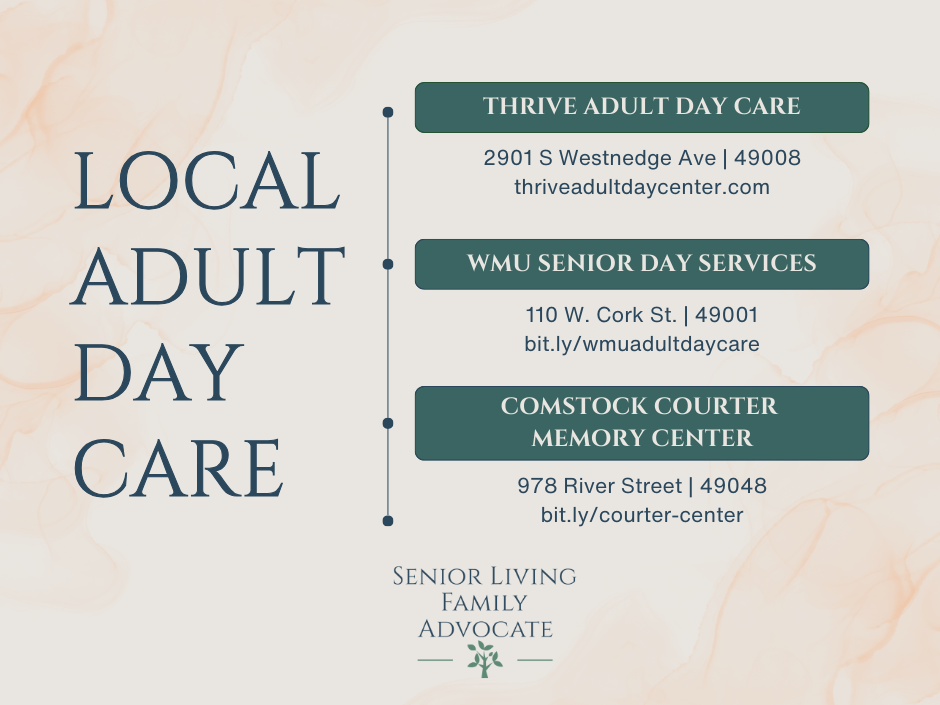Navigating Senior Living Options: Avoiding Common Pitfalls
- Cheryl Harris

- Aug 20, 2024
- 2 min read
Updated: Jan 13, 2025
Choosing the right senior living option can feel overwhelming. With so many levels of care available, it’s easy to make a choice that might not fully meet your loved one’s needs.
Understanding the differences between independent living, assisted living, and memory care is key to making an informed decision that sets your family up for success.
Read on to learn about the most common pitfalls families face when navigating senior living options—and how to avoid them.
Understanding the Levels of Senior Living Care
Independent Living: A Great Fit for the Fully Independent
Independent living is often seen as a first step when moving out of a private home. It’s a popular choice because it feels less intrusive. However, it’s important to know that independent living doesn’t provide caregiving support. These communities are best suited for seniors who can manage daily tasks like dressing, showering, and preparing meals.
If your loved one already needs help with daily activities, moving to independent living could lead to another move in the near future. This can be both emotionally and financially draining. Think carefully about long-term needs before choosing this option.
Assisted Living: Combining Support with IndependenceMany people resist the idea of assisted living because it’s often associated with “old age.” But the reality is, assisted living can be the perfect balance for individuals who value independence but need some assistance with daily tasks. Caregivers are available 24/7 to provide support, creating a safe and supportive environment while allowing residents to maintain their dignity and independence.
Memory Care: Specialized Support for DementiaMemory care is specifically designed for individuals with dementia or other memory-related challenges. These communities provide a secure environment, skilled caregivers with specialized training, and programs tailored to meet the unique needs of residents with cognitive impairments. It’s a step beyond assisted living, offering the structure and safety necessary for those with memory issues.
Understanding the difference between assisted living and memory care can make a huge difference in ensuring your loved one receives the care they truly need.
Making Informed Decisions
It’s natural to want to choose the least intrusive option when transitioning out of a private home. However, the best choice will always depend on the individual’s current and future care needs.
Key questions to consider when exploring senior living options:
Is your loved one fully independent in daily tasks?
Would they benefit from having caregivers available 24/7?
Do they require specialized memory care for dementia or cognitive challenges?
By answering these questions honestly, you can find the best solution that minimizes stress and avoids the need for multiple moves.
Need Help Navigating Senior Living Options?
Making these decisions can be challenging, but you don’t have to do it alone. If you’re unsure which option is right for your loved one, reach out for support. Having a trusted resource to guide you through this process can make all the difference in finding the right fit for your family.
📞 Call or text 269-207-1720 for resources and personalized guidance. Let’s work together to make this transition as smooth and stress-free as possible.




Comments